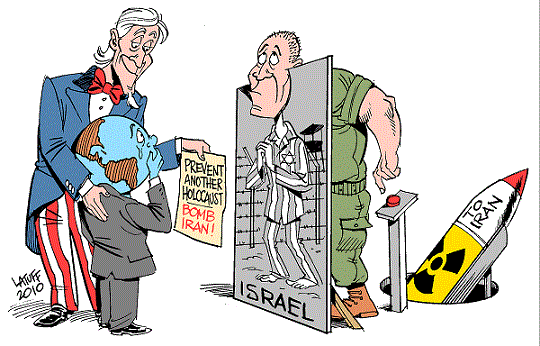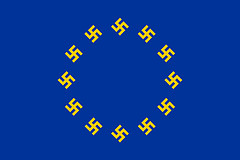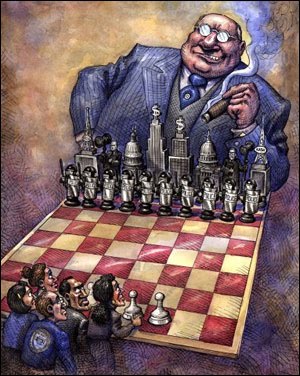So, this got me thinking. How much has a 'Russian Renaissance' occurred in the last decade? Or is China now the dominant player? How are things looking for America and Europe on the 'Grand Chessboard'?
 (Image: Oil, the lifeblood of technological society. It gives us our best source of fuel, and is the basis for making plastics. It's not called 'black gold' for nothing!)
(Image: Oil, the lifeblood of technological society. It gives us our best source of fuel, and is the basis for making plastics. It's not called 'black gold' for nothing!)
Well, the five 'giant' oil companies are all Western: Shell (Anglo-Dutch), Exxon Mobil (American), BP (British), Chevron Texaco (American), and Total (French).
These are private companies, of course, but many of the biggest oil powers are state-owned, including members of the OPEC trade agreement. One of the biggest powers in oil and gas is Russia, which "has the largest reserves, and is the largest exporter, of natural gas. It has the second largest coal reserves, and is the second largest exporter of oil."
This power was demonstrated during the recent dispute with the Ukraine over gas, during which Russia shut off supplies to much of Eastern Europe. So that's what people mean when they express concern over dependence on foreign energy!
The fact that the frontline of East-West relations is now inside the old Soviet bloc (Ukraine, Georgia) tells you something about American dominance at the end of the 20th Century.
But in this new century, Western power has been challenged by a combination of a stronger Russia and the new Chinese superpower, which is predicted to become the biggest world economy around 2025.
Another interesting case where a country has favoured the East over the West is Kazakhstan, home of Borat and (apparently) quite a lot of oil. This oil has mainly been exported to Western Europe and Russia, but China recently moved into the Kazakh oil export market, buying up 'oil interests' worth $4 billion.
Perhaps the greatest geopolitical risk to America in particular today, however, is not in natural resources but in finance. The dollar is depreciating relative to the euro and most other world currencies - perhaps China could start trading in euros instead of dollars, which would definitely harm the US economy. Though, writes Thomas Palley in The Guardian, China would suffer from any attempt to destabilise the American economy (the Fed and the Bailouts haven't done this already!?!)
Does all this geopolitics affect the ordinary people? Well, not a great deal if you live in a wealthy country. Just, try and tell those in the 'third world' that the geopolitical game between America and Russia (which never really stopped) is harmless. Korea, Vietnam, Cambodia, Afghanistan, countless African states have been ravaged by 'proxy' wars during the 'Cold War' and onwards, the best recent example being the Russia-Georgia conflict.
I am not an enthusiast for looking at the world through the lens of national politics and global trade. It tends to prevent us from identifying that the real rift is not between Europeans and Asians, Africans and Arabs, etc; but between British citizens and the owners of Shell; American citizens and the owners of Exxon, and so on.
That is not a wishy-washy Obama-style 'we are all equal' statement; nor is it a Marxist view of class struggle. It's simply a recognition that this global power game does not involve or relate to the average person, only to Rockefeller et al.
Unless you are in a 'developing' country sitting on natural resources - then of course it WILL involve you, like it or not. (Iraq, Iran, Sierra Leone, Nigeria, Angola, Congo, Sudan - on and on.)
P-C




































.jpg)



No comments:
Post a Comment